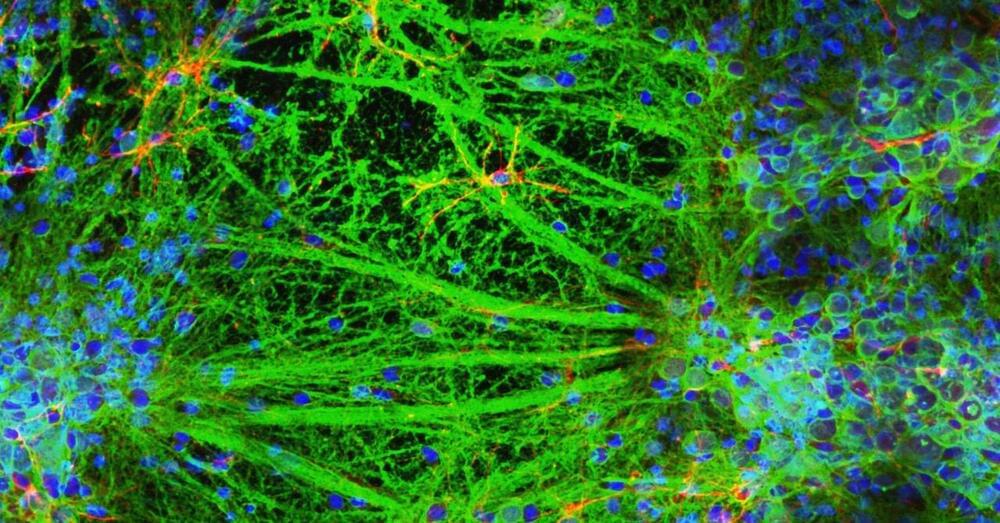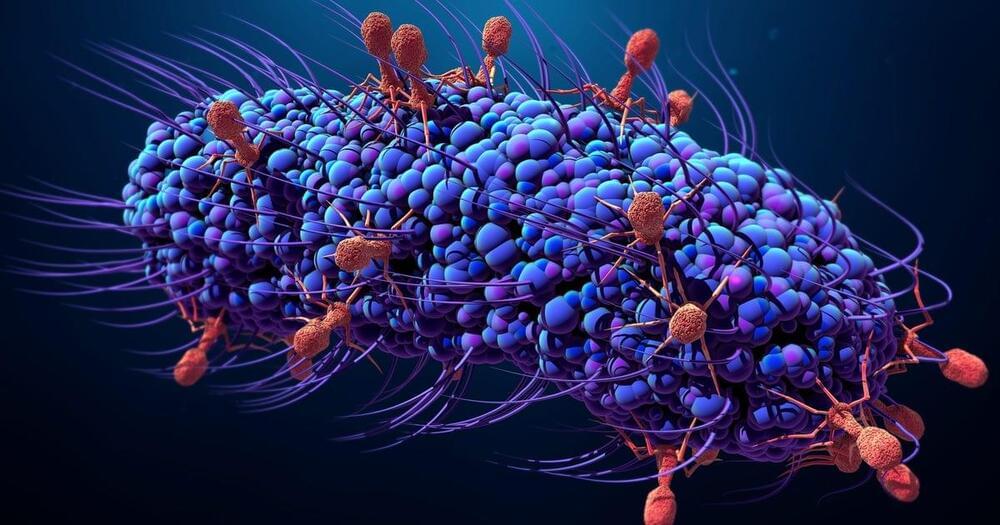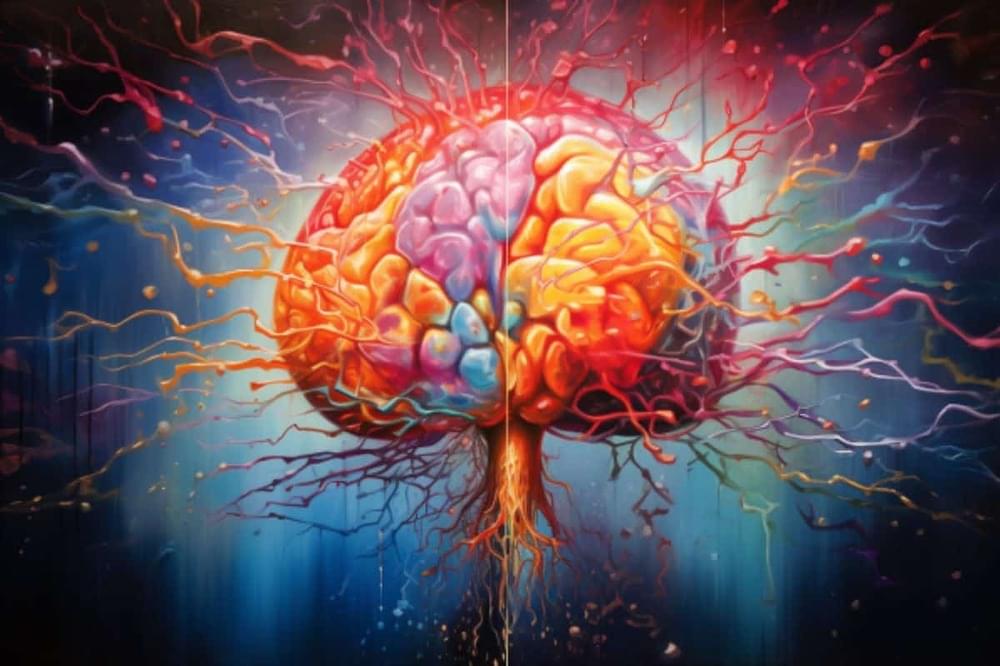
ChatGPT is a hot topic at my university, where faculty members are deeply concerned about academic integrity, while administrators urge us to “embrace the benefits” of this “new frontier.” It’s a classic example of what my colleague Punya Mishra calls the “doom-hype cycle” around new technologies. Likewise, media coverage of human-AI interaction – whether paranoid or starry-eyed – tends to emphasize its newness.
In one sense, it is undeniably new. Interactions with ChatGPT can feel unprecedented, as when a tech journalist couldn’t get a chatbot to stop declaring its love for him. In my view, however, the boundary between humans and machines, in terms of the way we interact with one another, is fuzzier than most people would care to admit, and this fuzziness accounts for a good deal of the discourse swirling around ChatGPT.
When I’m asked to check a box to confirm I’m not a robot, I don’t give it a second thought – of course I’m not a robot. On the other hand, when my email client suggests a word or phrase to complete my sentence, or when my phone guesses the next word I’m about to text, I start to doubt myself. Is that what I meant to say? Would it have occurred to me if the application hadn’t suggested it? Am I part robot? These large language models have been trained on massive amounts of “natural” human language. Does this make the robots part human?








 150 YEARS MAXIMUM BIOLOGICAL AGE — “We observed, that the age-dependent population DOSI distribution broadening could be explained by a progressive loss of physiological resilience measured by the DOSI auto-correlation time. Extrapolation of this trend suggested that DOSI recovery time and variance would simultaneously diverge at a critical point of 120 − 150 years of age corresponding to a complete loss of resilience. The observation was immediately confirmed by the independent analysis of correlation properties of intraday physical activity levels fluctuations collected by wearable devices. We conclude that the criticality resulting in the end of life is an intrinsic biological property of an organism that is independent of stress factors and signifies a fundamental or absolute limit of human lifespan.”
150 YEARS MAXIMUM BIOLOGICAL AGE — “We observed, that the age-dependent population DOSI distribution broadening could be explained by a progressive loss of physiological resilience measured by the DOSI auto-correlation time. Extrapolation of this trend suggested that DOSI recovery time and variance would simultaneously diverge at a critical point of 120 − 150 years of age corresponding to a complete loss of resilience. The observation was immediately confirmed by the independent analysis of correlation properties of intraday physical activity levels fluctuations collected by wearable devices. We conclude that the criticality resulting in the end of life is an intrinsic biological property of an organism that is independent of stress factors and signifies a fundamental or absolute limit of human lifespan.”








